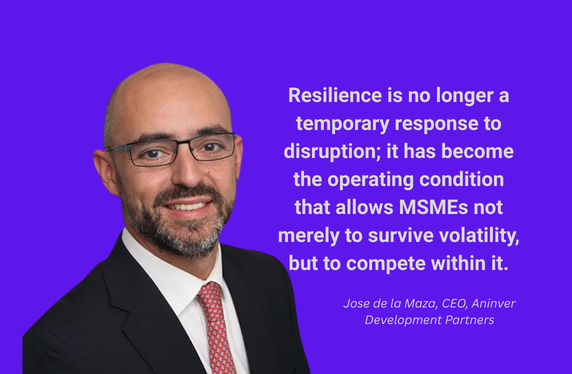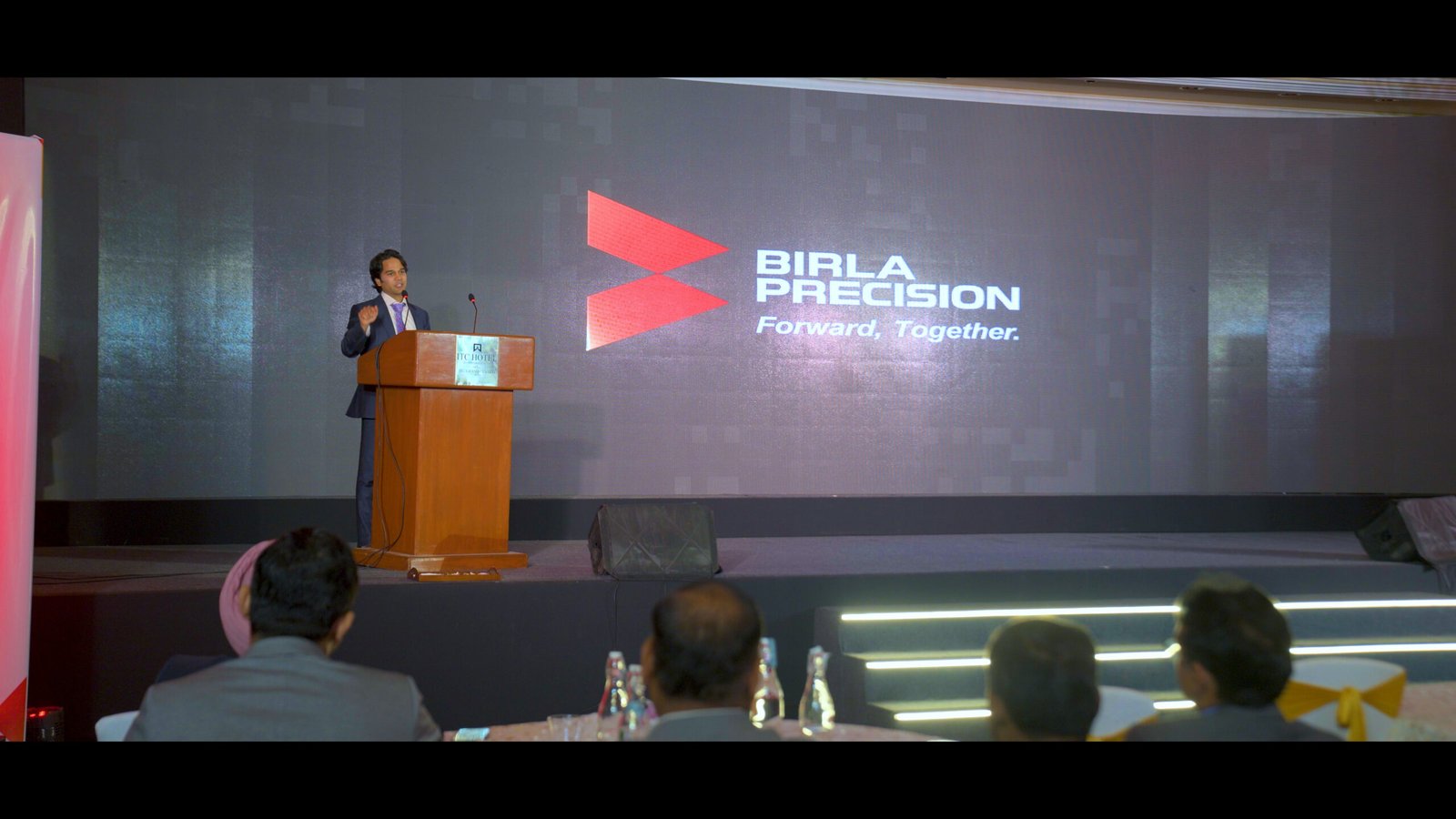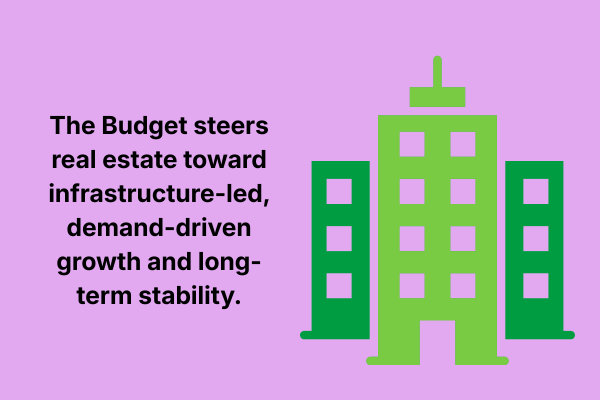Special Report: Global SME News (globalsmenews.com)
As environmental concerns grow, consumers are increasingly favoring brands
that prioritize sustainability. Micro, small, and medium-sized enterprises
(MSMEs) face the challenge of aligning with these expectations. Adopting
eco-friendly packaging can reduce plastic waste, enhance brand reputation,
and tap into consumer demand for sustainable alternatives. This report outlines
key innovations and best practices that MSMEs can implement to address
plastic waste in their supply chains.
Eco-Friendly Packaging
Plastic packaging makes up nearly half of global plastic waste, much of which
is discarded after just one use. This single-use waste significantly contributes
to the 300 million tons of plastic produced annually, of which only 9% is
recycled. The rest accumulates in landfills, oceans, and ecosystems, where it
can take centuries to decompose. For MSMEs, adopting sustainable packaging
solutions not only reduces environmental harm but also offers a business
opportunity. Sustainable packaging can attract eco-conscious consumers and
align with stricter environmental regulations being enforced globally.
Innovations in Sustainable Packaging

Recent advances have made eco-friendly packaging more accessible for MSMEs.
Here are several viable alternatives:
• Biodegradable Plastics: Derived from renewable sources like cornstarch
and sugarcane, biodegradable plastics naturally decompose over time.
Ideal for single-use products, they offer a better alternative to traditional
plastics.
• Compostable Packaging: This packaging, made from materials like polylactic
acid (PLA), breaks down completely into organic matter, leaving no
harmful residues. It’s an ideal solution for food packaging and fillers.
• Recycled Materials: Using recycled plastics, paper, or cardboard reduces
reliance on virgin resources. Designing easily recyclable packaging ensures
waste remains in circulation rather than in landfills.
Mushroom-Based Packaging: Made from mycelium, this fully compostable
alternative to plastic foam is particularly suited for protective packaging.
• Minimalist Packaging: Reducing the amount of material used in packaging,
whether plastic or otherwise, not only minimizes waste but also cuts production
costs.
Benefits for MSMEs
• Adopting sustainable packaging brings several advantages for MSMEs:
• Enhanced Brand Image: Eco-friendly packaging showcases a brand’s
commitment to sustainability, appealing to consumers and investors who
prioritize environmental responsibility.
• Regulatory Compliance: Governments are introducing stricter regulations
on plastic waste. By transitioning to sustainable packaging, MSMEs can
avoid potential fines and stay ahead of evolving legal requirements.
• Cost Efficiency: While initial investments in sustainable packaging may
seem high, many MSMEs find that it leads to long-term savings, such as
reduced shipping costs due to lighter materials or lower production costs
from minimalist designs.
Best Practices for Implementing Sustainable Packaging
• Assess Packaging Needs: Evaluate current packaging to identify areas for
waste reduction and opportunities to switch to sustainable materials.
• Collaborate with Suppliers: Work with suppliers that specialize in
eco-friendly materials to ensure sustainability is integrated into the supply
chain.
• Educate Consumers: Clearly label packaging to inform consumers about
proper disposal methods, whether composting or recycling.
• Monitor and Adapt: Continuously review packaging performance and stay
updated on new sustainable technologies and consumer trends.
For MSMEs, transitioning to eco-friendly packaging is both a responsibility
and an opportunity. By embracing innovations like biodegradable plastics
and compostable materials, MSMEs can reduce plastic waste, enhance their
brand’s eco-credentials, and meet growing consumer demand for sustainability.
This shift not only helps the environment but also future-proofs businesses
in an increasingly eco-conscious marketplace.
Global SME News, Special Report (Innovation & Expansion Issue 2024) https://globalsmenews.com/digital-issues/
Author Profile

-
Perumal Koshy is Editor of Global SME News and Director of Strategic Initiatives at Enterprise Futures Lab. He writes on MSMEs, enterprise development, and policy issues affecting small business ecosystems.
Linkedin: https://www.linkedin.com/in/caushie/
Latest entries
 FEATURED2 February 2026Outlook 2026 | Real Estate: Infrastructure-Led Growth, Integrated Communities, and the Trust Imperative
FEATURED2 February 2026Outlook 2026 | Real Estate: Infrastructure-Led Growth, Integrated Communities, and the Trust Imperative Entreprenurs30 January 2026Quality, Crisis, and Consistency: The Rungta Tea Story
Entreprenurs30 January 2026Quality, Crisis, and Consistency: The Rungta Tea Story Entreprenurs21 August 2025Entrepreneurship, Values, and Corporate Governance: Building Nations, Not Just Profits
Entreprenurs21 August 2025Entrepreneurship, Values, and Corporate Governance: Building Nations, Not Just Profits Africa13 August 2025 A New Landmark Report Calls for Rethinking SME Policies, Digital Readiness, and Sustainable Growth
Africa13 August 2025 A New Landmark Report Calls for Rethinking SME Policies, Digital Readiness, and Sustainable Growth








